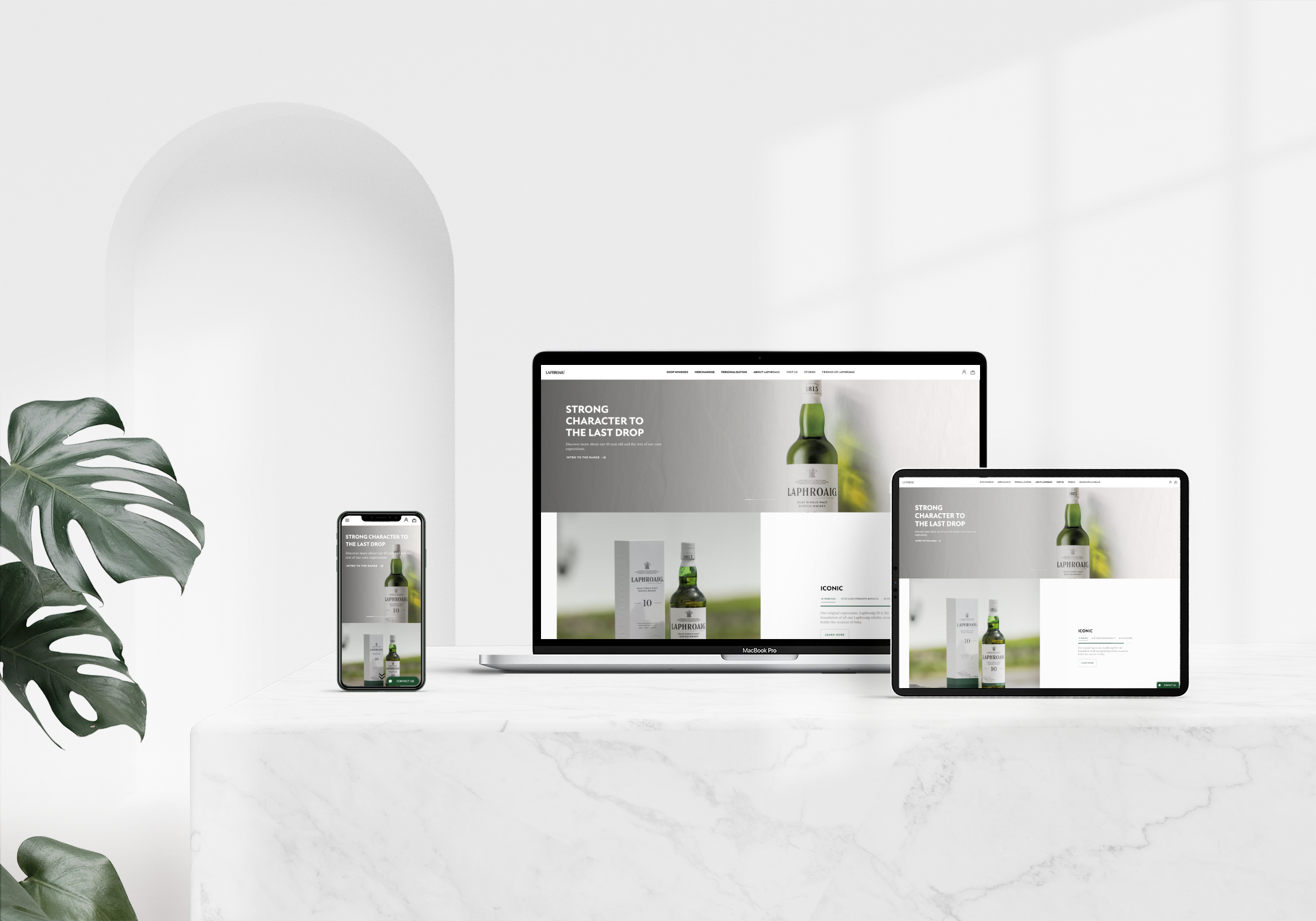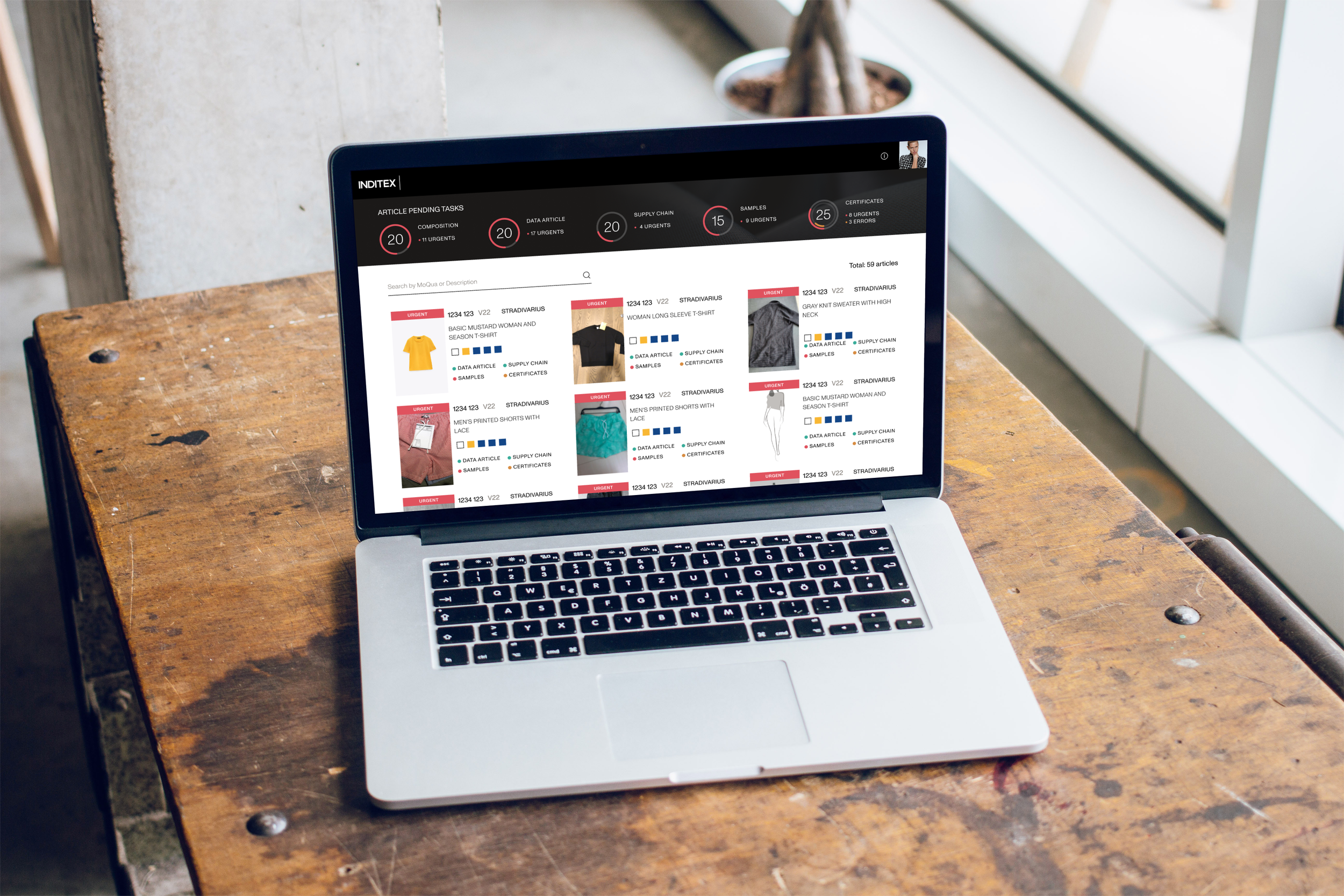
Accessibility Audit for Iberdrola
A comprehensive accessibility audit of Iberdrola’s internal platforms, aimed at identifying and resolving accessibility and usability issues. This project laid the foundation for implementing a fully accessible design system.
Overview
Between February and March 2024, I conducted a comprehensive digital accessibility audit for three of Iberdrola’s internal platforms. For those unfamiliar, Iberdrola is a Spanish company and one of the world’s largest energy providers, specialising in renewable energy. It operates under different names globally: ScottishPower in the UK, Avangrid in the US, Neoenergia in Brazil, and Iberdrola Deutschland in Germany. My task was to help gather the necessary information for a tender to implement a new design system addressing accessibility and usability issues. Over the course of a month, I gathered all the key insights needed to set the foundation for this transformation.
The Challenge
Inaccessible and Inefficient Platforms
Iberdrola’s three internal platforms, while functional, did not comply with essential digital accessibility principles. This not only impacted users with disabilities but also created a lack of visual and functional consistency across the system.
Furthermore, the absence of a structured design system led to disjointed interfaces and an unfriendly user experience.
Audit Objective
Achieving Accessibility and Consistency
The primary objective of this audit was to identify critical gaps so Iberdrola could prepare a detailed tender to address these issues. The goal was clear: to transform these platforms into accessible, coherent, and user-friendly tools by implementing a well-defined design system.
Methodology
A Thorough Evaluation
To ensure a comprehensive analysis, I focused on several key areas:
Accessibility: I evaluated the platforms against the WCAG 2.1 guidelines, identifying barriers that hindered users with diverse needs.
Usability: I performed an in-depth review of user flows, uncovering pain points that disrupted a smooth experience.
Technical compatibility: I assessed the platforms’ abilities to function across various devices and browsers, ensuring accessibility in all environments.
Component audit: I highlighted the lack of a reusable design system and components, which hindered future scalability and maintenance.
Key Findings
Problems and Opportunities
The audit revealed several crucial issues:
Accessibility barriers: None of the platforms met the required accessibility standards, creating exclusion for certain user groups.
Visual inconsistency: Without a design system in place, the platforms displayed a lack of visual and functional harmony.
Poor usability: Users encountered difficulties navigating and completing tasks, affecting both efficiency and overall satisfaction with the platforms.
Proposed Solutions
A Path to Improvement
Upon completing the audit, I proposed a detailed action plan for implementing an accessible and cohesive design system that would:
Unify design: Create a system that ensures visual and functional consistency across all platforms.
Improve accessibility: Ensure all interfaces meet accessibility standards and provide an inclusive experience for all users.
Reusable components: Develop modular elements to streamline future updates and maintenance of the platforms.
Impact and Conclusions
The final report provided Iberdrola with a solid foundation to prepare a tender for creating an accessible design system that will transform their internal user experience. This project will not only improve accessibility but also enhance the company’s operational efficiency.
Want to See More?







